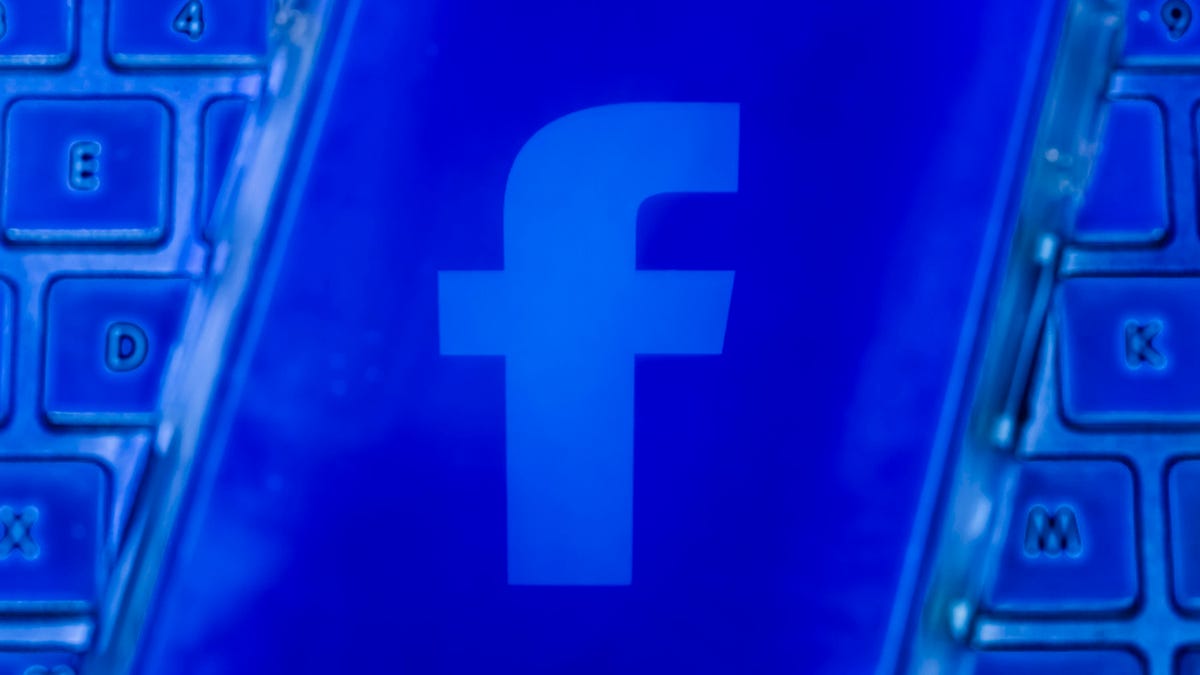Facebook starts restoring 'view as public' feature after 2018 security breach
The feature lets you see how your Facebook profile looks like to people who aren't your friends.

Facebook logo
Facebook is bringing back a version of a privacy feature that it disabled last year after hackers exploited the tool to access the emails, phone numbers and other personal information of 29 million users.
The feature, called "view as public," lets you see how your Facebook profile looks to people who aren't friends with you on the social network. The social network said the version of the feature it's restored wasn't impacted by the security incident.
Facebook decided not to restore the "view as specific person" feature that lets you see how your profile looks like for a particular friend because it's trying simplify the tool. The option to see how your profile looks to the public was also more popular than the "view as specific person" feature, according to the company.
Facebook declined to say how many people used the "view as" feature, which was located near the top of a user profile, before it was disabled. Facebook is restoring the feature globally over the next couple of days.
Facebook temporarily turned off the "view as" feature in September 2018 after hackers exploited code associated with the feature and stole "access tokens" that could be used to take over people's accounts. Access tokens aren't your password, but they let people log in to accounts without needing it.
The social network initially said 50 million users were affected by the breach, but said two weeks later that fewer users were impacted. Still, about 29 million Facebook users had their personal information, including phone numbers, emails and recent searches on the social network, compromised. Facebook reportedly thought that spammers masquerading as a digital marketing company were behind the attack.
Facebook users can check if they were impacted by the breach by visiting the social network's help center.
The company is also adding an "edit public details" button to make it easier for users to find settings that allow them to control the profile information that the public can see.

